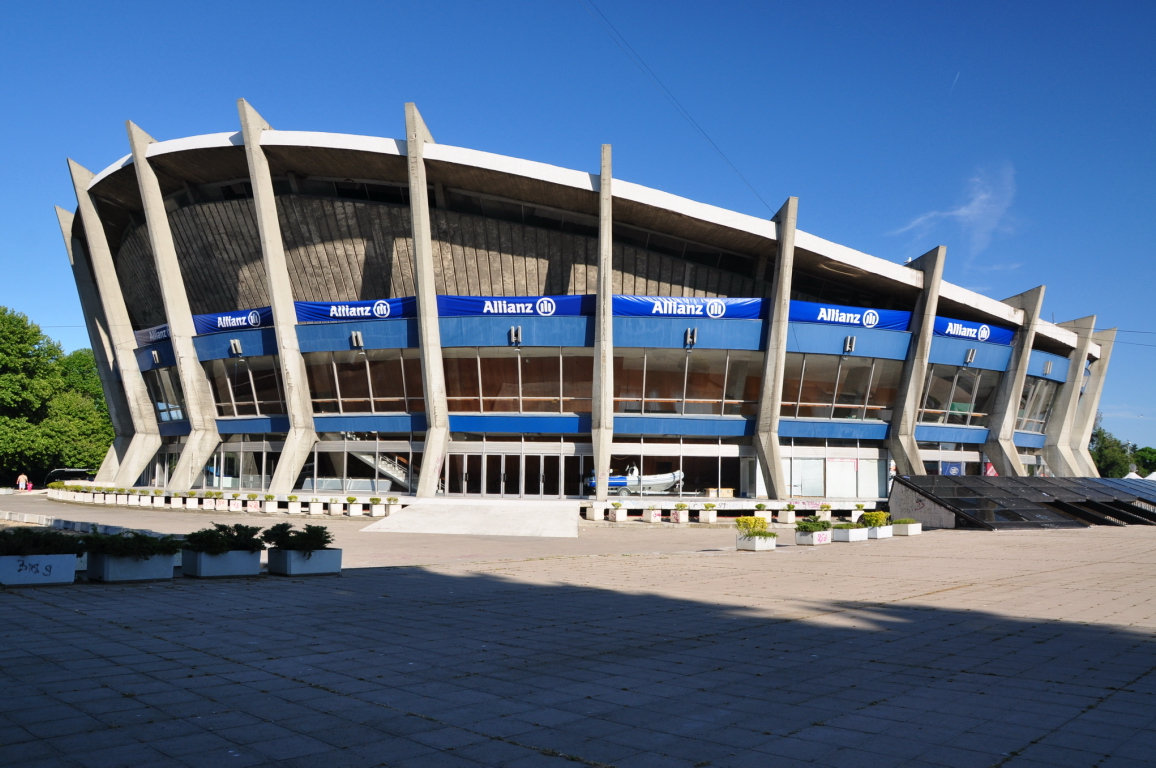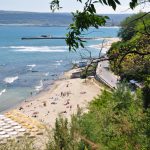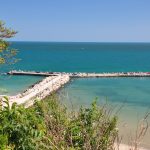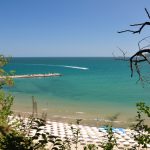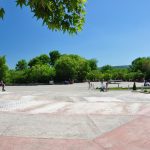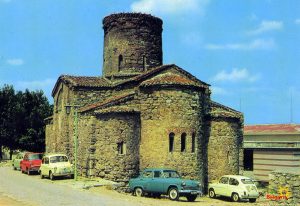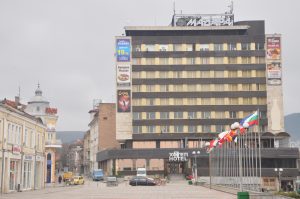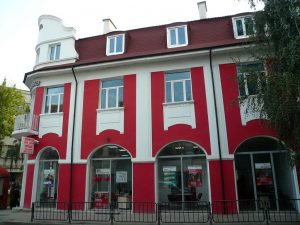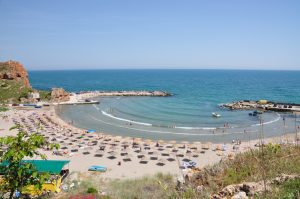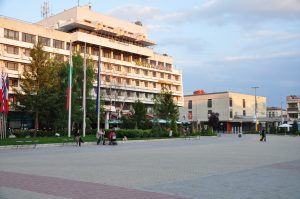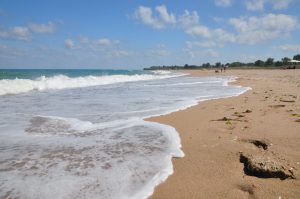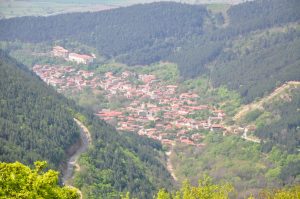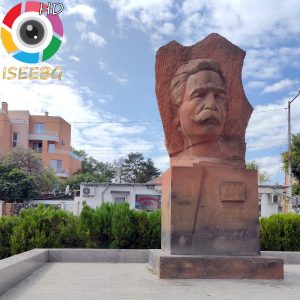Varna (Bulgarian: Варна, pronounced [ˈvarnɐ]) is the third-largest city in Bulgaria and the largest city and seaside resort on the Bulgarian Black Sea Coast. Situated strategically in the Gulf of Varna, the city has been a major economic, social and cultural centre for almost three millennia. Varna, historically known as Odessos (Ancient Greek: Ὀδησσός), grew from a Thracian seaside settlement to a major seaport on the Black Sea.
Varna is an important centre for business, transportation, education, tourism, entertainment and healthcare. The city is referred to as the maritime capital of Bulgaria and headquarters of the Bulgarian Navy and merchant marine. In 2008, Varna was designated the seat of the Black Sea Euroregion by the Council of Europe. In 2014, Varna was awarded the title of European Youth Capital 2017.
The oldest gold treasure in the world, belonging to the Varna culture, was discovered in the Varna Necropolis and dates to 4200–4600 BC.
The city occupies 238 km2 (92 sq mi)[29] on verdant terraces (Varna monocline of the Moesian platform) descending from the calcareous Franga Plateau (height 356 m or 1,168 ft) on the north and Avren Plateau on the south, along the horseshoe-shaped Varna Bay of the Black Sea, the elongated Lake Varna, and two artificial waterways connecting the bay and the lake and bridged by the Asparuhov most. It is the centre of a growing conurbation stretching along the seaboard 20 km (12 mi) north and 10 km (6 mi) south (mostly residential and recreational sprawl) and along the lake 25 km (16 mi) west (mostly transportation and industrial facilities). Since antiquity, the city has been surrounded by vineyards, orchards, and forests. Commercial shipping facilities are being relocated inland into the lakes and canals, while the bay remains a recreation area; almost all the waterfront is parkland.
The urban area has in excess of 20 km of sand beaches and abounds in thermal mineral water sources (temperature 35–55 °C or 95–131 °F). It enjoys a mild climate influenced by the sea with long, mild, akin to Mediterranean, autumns, and sunny and hot, yet considerably cooler than Mediterranean summers moderated by breezes and regular rainfall. Although Varna receives about two-thirds of the average rainfall for Bulgaria, abundant groundwater keeps its wooded hills lush throughout summer. The city is cut off from north and northeast winds by hills along the north arm of the bay, yet January and February still can be bitterly cold at times, with blizzards. Black Sea water has become cleaner after 1989 due to decreased chemical fertiliser in farming; it has low salinity, lacks large predators or poisonous species, and the tidal range is virtually imperceptible.
The city lies 470 km (292 mi) north-east of Sofia; the nearest major cities are Dobrich (45 km or 28 mi to the north), Shumen (80 km or 50 mi to the west), and Burgas (125 km or 78 mi to the south-west).
Education
- University of Economics, founded on 14 May 1920 as the Higher School of Commerce, is the second oldest Bulgarian university after Sofia University. It is the first private one—underwritten by the Varna Chamber of Commerce and Industry. Prof. Tsani Kalyandzhiev, University of Zurich alumni and a research chemist in the United States, was university’s first rector (principal).
- Nikola Vaptsarov Naval Academy is the oldest technical educational institution in Bulgaria. The institution started as a Maritime School, established in 1881 in Ruse. After 1900 the now called Engineering School to the Fleet was moved to Varna and subsequently named as His Majesty’s Naval Academy in 1942. In 1949, the Naval School adopted as its patron Nikola Vaptsarov, a poet, who graduated the school in 1926, and received the name N. Y. Vaptsarov People’s Naval School.
- Medical University Varna was established in 1961 and is a recognised abroad as a leading institution for quality medical education. The university has attracted students from 44 countries and is partnering with 85 foreign institutions across the globe.
- Technical University of Varna was found in 1962 and was first established as Mechanical-Electrical Engineering Institute.
- Chernorizets Hrabar Varna Free University, found in 1991, was the first private university after 1989. It specialises in International Economics and Administration, Law, and Architecture.
source: en.wikipedia.org
